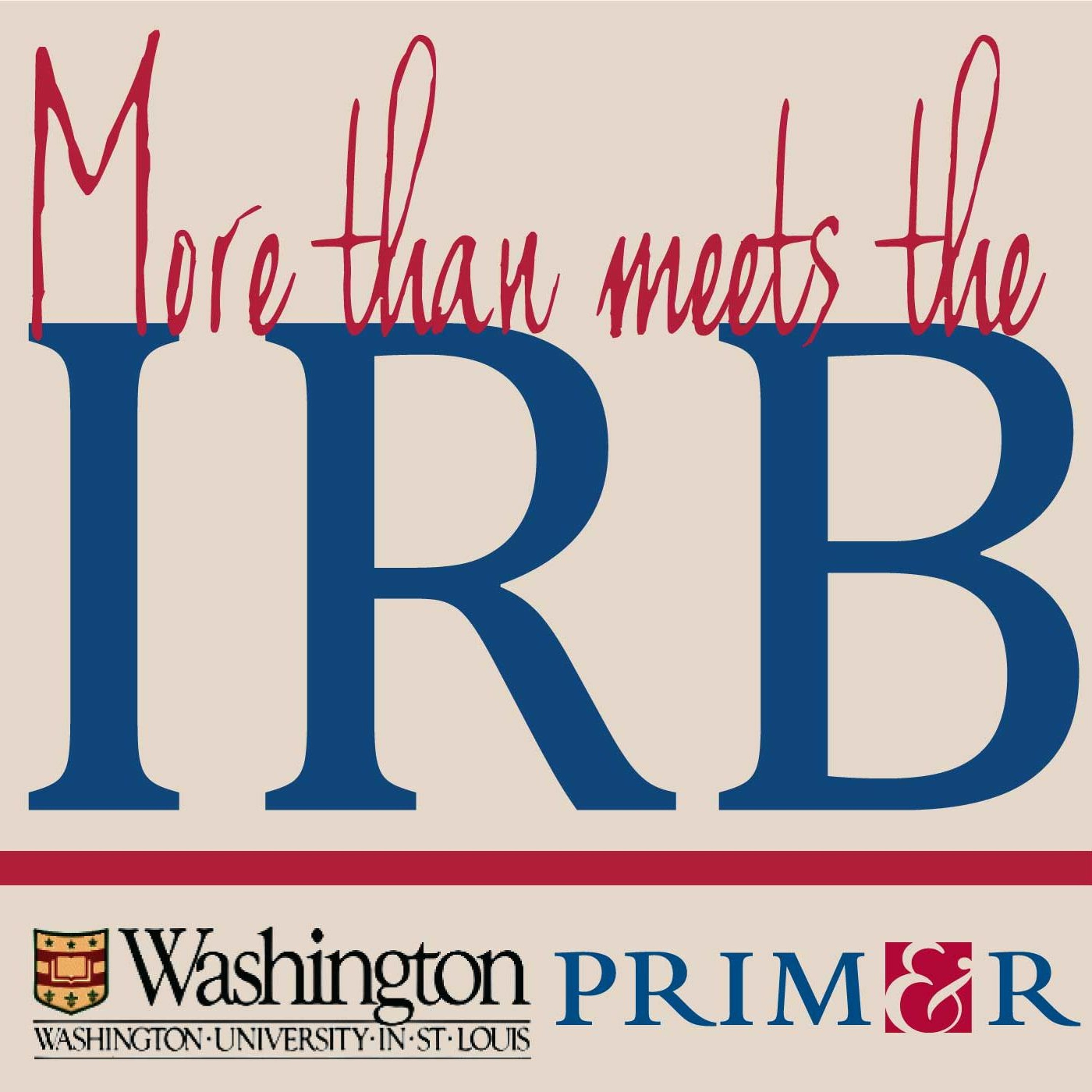Corbie-Smith and Michaels : Why Are Minority Groups Less Likely to Participate In Research?

Today\u2019s episode of More Than Meets the IRB includes segments from a panel discussion entitled \u201cIncreasing the Public\u2019s Understanding of Clinical Research\u201d and focuses on the question of why minority groups are less likely to participate in research. \nThe answer revolves around the issue of trust. Distrust of research among African Americans stems from a history of racial discrimination, exploitation and ethical misconduct in this country. This distrust extends all the way back to the history of enslavement, including medical and surgical experimentation on slaves and robbery of black graves for cadavers. \nAfrican Americans are more likely to believe that doctors would ask them to participate in harmful research, expose them to unnecessary risks, not explain research, or include them in experiments without their consent. \nThe research community can approach and address these issues of distrust in a couple of different way.\n1. Thinking About Benefit\nResearchers can attempt to better convey the following benefits of research study participation to minorities:\nDirect Benefit: The possibility of pulling the random card and getting the best treatment in a clinical trial\nCollateral Benefits: Access to medical care during the study\nSocietal Benefits: How the results of the study can accrue benefit to others in the greater society\n2. Consider the Role of Public Education and the IRB in Building Trust\nAnother approach is for the medical community not to focus on making minorities more trusting, but rather on being more trustworthy.\nTo illustrate this point, consider that minorities with cancer are less likely to be offered the opportunity to participate in a study. When cancer researchers were asked what they look for in an optimal subject, they replied that good candidates were compliant, spoke English, and wouldn\u2019t be too challenging to work with. This brings up the question of who is being overlooked for these studies.\nThe conventional wisdom in the research community is that education is critical in enhancing the public\u2019s trust and getting more patients interested in participating. But we really need to be thinking of education coupled with action, because passive education alone isn\u2019t going to get it done.\nTo that end, the IRB needs to start asking the following questions:\nHow can we make sure that every eligible patient is offered the opportunity to participate and can make an informed decision? \nHow can we make sure every patient has the confidence to ask \u201cIs a trial right for me?\u201d \nHow can we activate the constant of community engagement in our institution\u2019s research in a meaningful fashion?